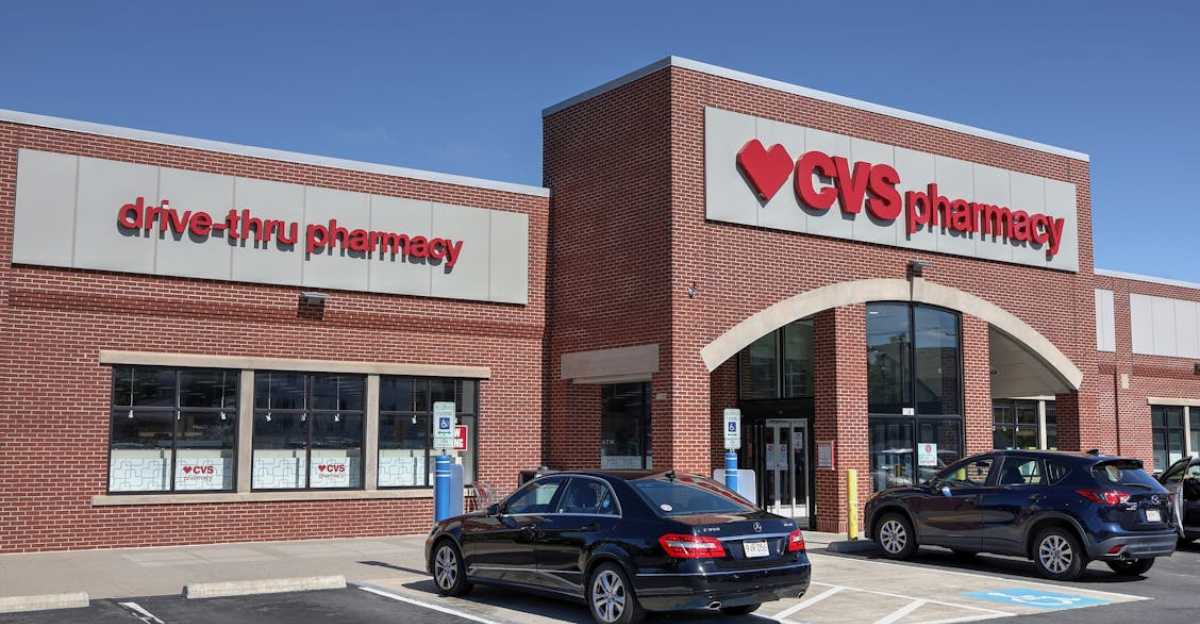
Louisiana isn’t backing down. In fact, it just fired off a wave of lawsuits against Consumer Value Stores (CVS), accusing the pharmacy giant of something far more calculated than your average corporate mix-up.
According to the state, CVS crossed a line (maybe several) when it launched a mass texting campaign that warned customers about rising drug costs and potential pharmacy closures. According to Louisiana, those messages weren’t just informative, they were manipulative. And possibly illegal.
But then, this is more than just misleading texts. To Louisiana, this is about power, control, and whether one of the most dominant players in the U.S. drug supply chain abused both. The legal battle has just begun, but the stakes are already sky high.
Overview of Louisiana’s Legal Action Against CVS

Louisiana has filed not one, but four lawsuits targeting CVS, and each one digs a little deeper into what the state believes is corporate overreach disguised as consumer outreach. The issue here is that CVS allegedly used fear tactics to influence the public and pressure lawmakers.
So, the state argues that these messages were threats and were designed to steer legislation in its favor. So, what’s unfolding now is less about one campaign and more about calling out a pattern that Louisiana claims is unfair and harmful.
Background
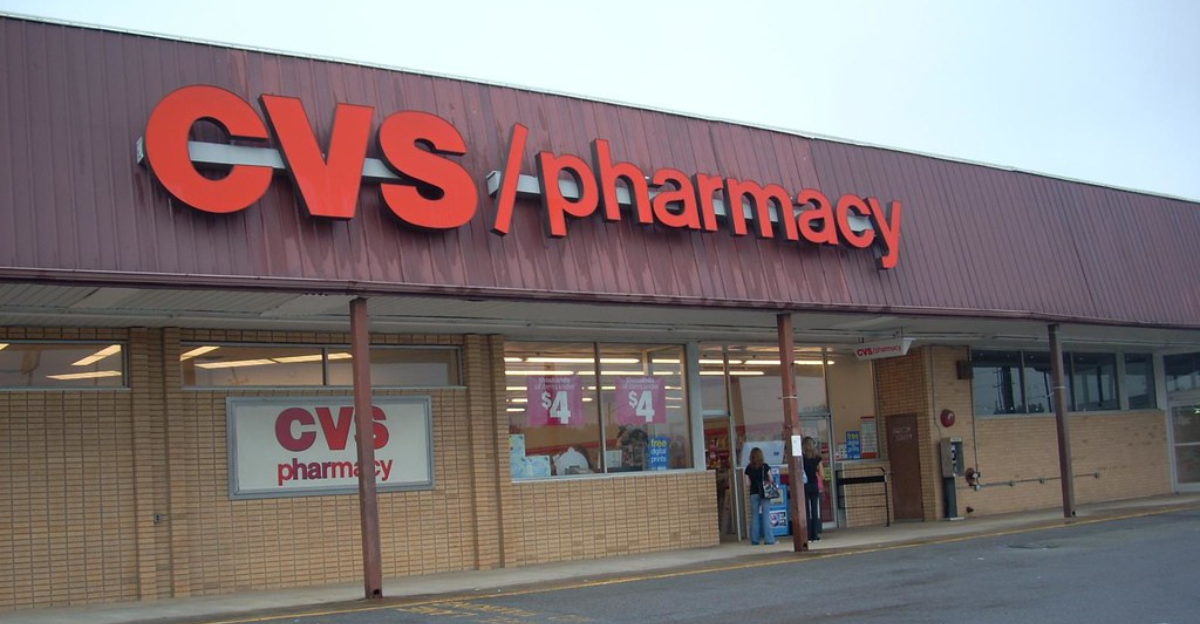
To understand why this lawsuit matters, you have to look at CVS’s double life. CVS isn’t just your neighborhood pharmacy. It also runs one of the largest pharmacy benefit managers in the country, i.e., Caremark.
That means CVS gets to play both gatekeeper and seller, setting reimbursement rates for drugs while also filling prescriptions. Some say CVS’s setup tilts the playing field, giving it room to quietly favor its own locations while leaving smaller, independent pharmacies to fight for scraps.
When one company holds this much influence over how drugs are priced and who gets paid, even the smallest shift in strategy can create ripple effects that hit everyone, especially the underdogs. Louisiana’s lawsuits are tapping into that exact fear. What happens when one company controls too much?
The Trigger
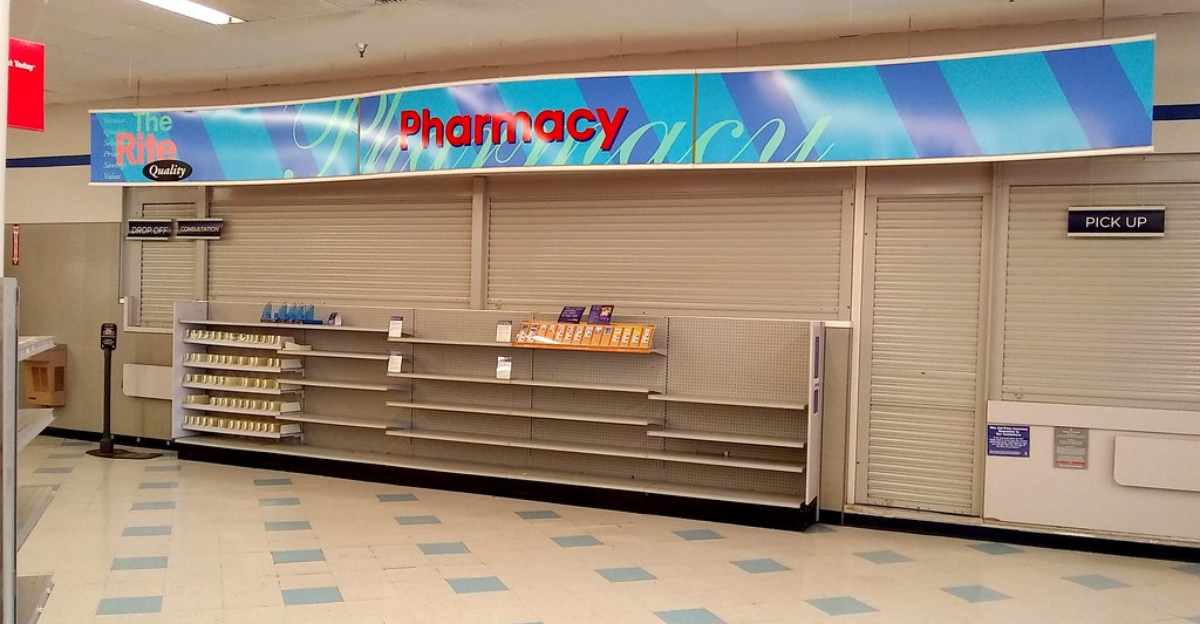
It all started with a flood of texts. Louisiana residents began receiving messages from CVS warning that local pharmacies could shut down and drug prices might skyrocket if lawmakers passed a certain bill. On the surface, it looked like a heads-up. But the timing and tone raised eyebrows.
The bill in question aimed to break up the tight grip pharmacy benefit managers have on the system. According to Louisiana, these messages were a last-minute blitz to influence public opinion and block reform. Now the question is whether CVS crossed a legal line in its scramble to protect its turf.
Allegations of Data Misuse and Deceptive Practices

In addition to sending these alarming messages, Louisiana argues that CVS may have used customer data in ways that veer into dangerous territory. According to the lawsuits, CVS used personal contact details from its pharmacy records, not for patient care, but to push back against legislation. That’s where the alarm bells start.
Turning sensitive health-related data into a tool for political messaging raises serious privacy concerns, especially if customers had no idea it was happening. Layer on messages hinting at pharmacy shutdowns and soaring drug costs, and the state says this is pure manipulation. If the courts agree, it could force a major rethink of how far companies can go when communicating with the people who trust them with their most personal information.
Impact on Independent Pharmacies
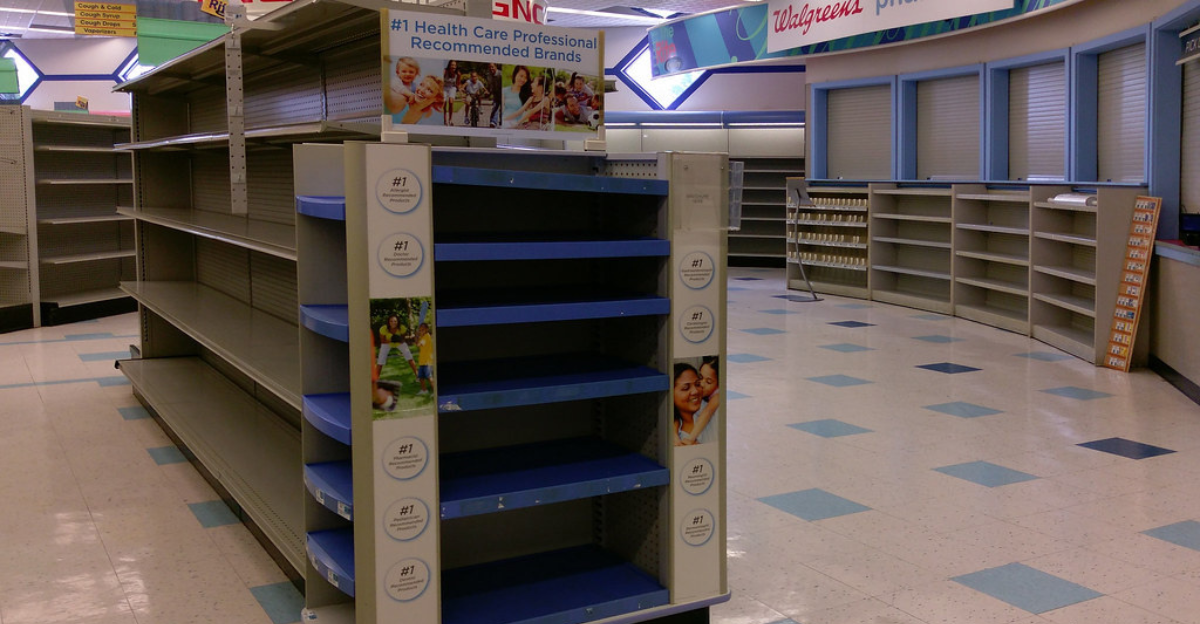
Behind the legal drama is a quieter collapse playing out across small towns and neighborhoods. By setting low reimbursement rates and tacking on excessive fees, CVS’s PBM arm allegedly leaves smaller pharmacies with pennies on the dollar. Some are closing. Others are barely hanging on. The lawsuits argue that this is by design: create financial strain, weaken the competition, and leave consumers with fewer choices. For many local pharmacists, this isn’t just a business fight. It’s survival. And if Louisiana’s right, CVS isn’t just competing. It’s clearing the field.
Drug Pricing and Pharmacy Benefit Managers

Pharmacy benefit managers (PBMs) were meant to control drug spending for insurers and patients. CVS played a crucial role in this space. But then, as time went on, the system became more complex and far less transparent. While the idea was to cut costs, some argue the current setup often benefits large players more than patients. Louisiana’s lawsuits reflect a growing unease across the country about how PBMs operate behind the scenes. Now, lawmakers are digging deeper, questioning whether this model still works for the people it’s supposed to serve.
Legislative Efforts and Political Response
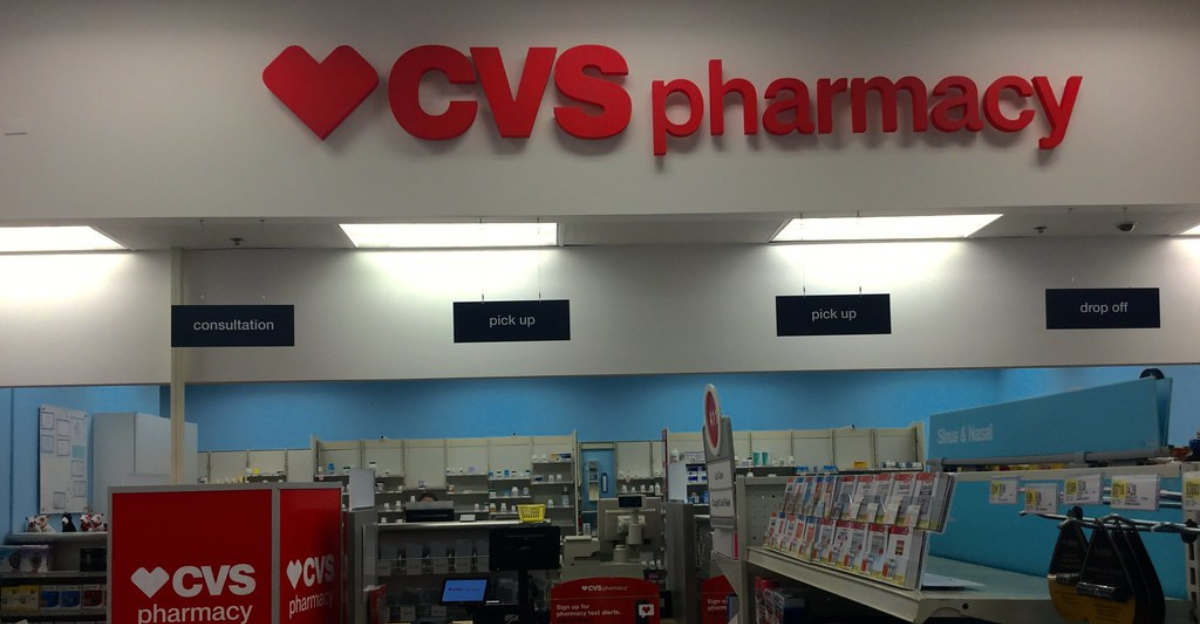
At the heart of all this is a bill Louisiana tried, and failed, to pass. The legislation would have banned pharmacy benefit managers from owning pharmacies, directly targeting companies like CVS. Supporters saw it as a way to break up monopolistic control and give independents room to breathe. But after CVS’s text campaign hit residents’ phones, the momentum stalled. Lawmakers backed off.
Now, with lawsuits in motion and public pressure rising, state officials say they’re not done. They’re preparing to reintroduce the bill, this time with more muscle behind it. For CVS, the political fight is far from over, and this round may not end in their favor.
CVS’s Defense and Public Statements
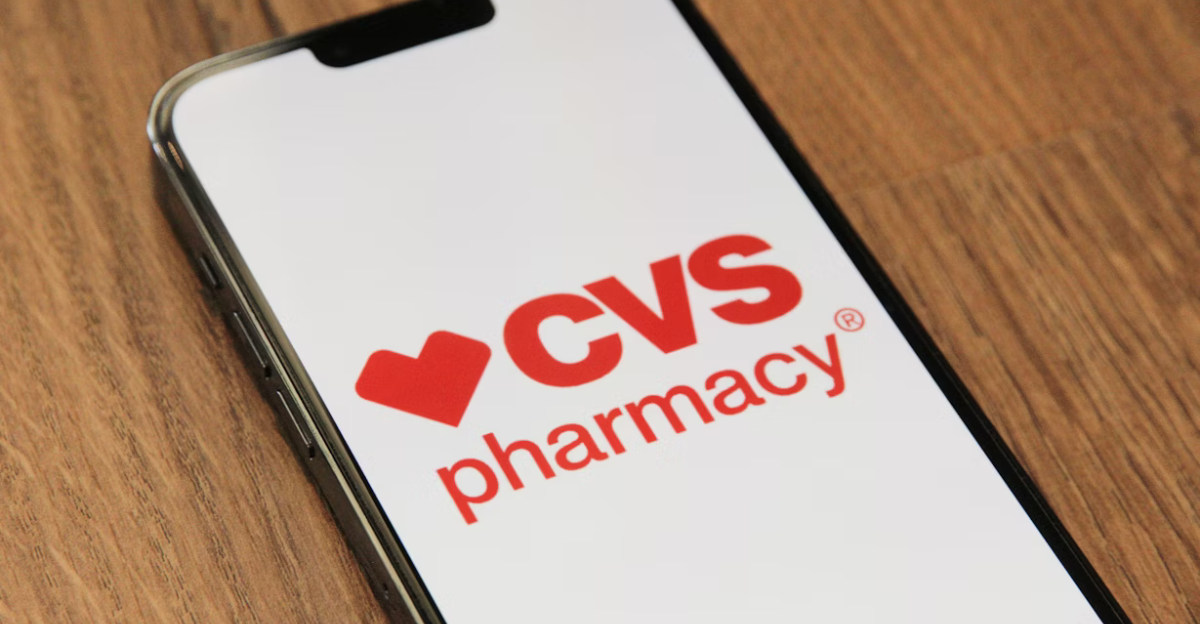
CVS has pushed back firmly against the lawsuits, defending its actions as both lawful and necessary. The company says the text messages were designed to keep customers informed about legislation that, in its view, could have limited access to care and raised prescription costs. CVS maintains it followed all privacy rules when sending those messages, stating that its communications were in line with company policy and legal standards.
It also highlights its broader role in helping manage pharmacy benefits and deliver medications at scale. From CVS’s perspective, this is more like a clash over how health policy should be communicated.
Potential Consequences for Drug Costs and Access

If Louisiana comes out on top, the impact could stretch well beyond its borders. Tighter rules on pharmacy benefit managers and corporate-owned pharmacies could transform the entire landscape of drug pricing, effectively changing how medications are reimbursed, who collects payment, and what patients are expected to pay.
Some view this as a long-needed move toward fairness and greater oversight. Others fear it could unravel discounts or create more chaos in an already complicated system. The outcome of this legal fight could set the tone for drug policy nationwide. It’s still unfolding.
Conclusion
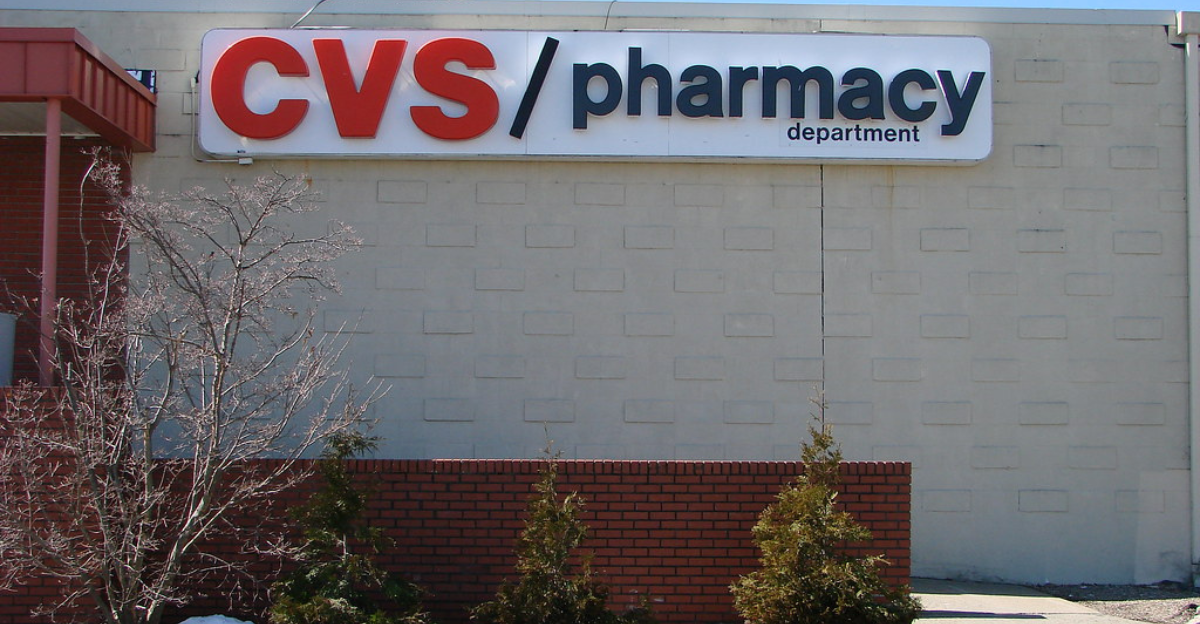
So there we have it! In summary, this case is more about how much control a single player should have in a system as critical as healthcare. Louisiana’s lawsuits go beyond the surface, calling into question the deeper structure that allows one corporation to shape both the prices we pay and the access we have. If CVS is found at fault, it could trigger a wave of new rules and a shift in how the industry operates. But if the case fades, the status quo stays intact. What’s really on trial here is the future of trust in the system.
